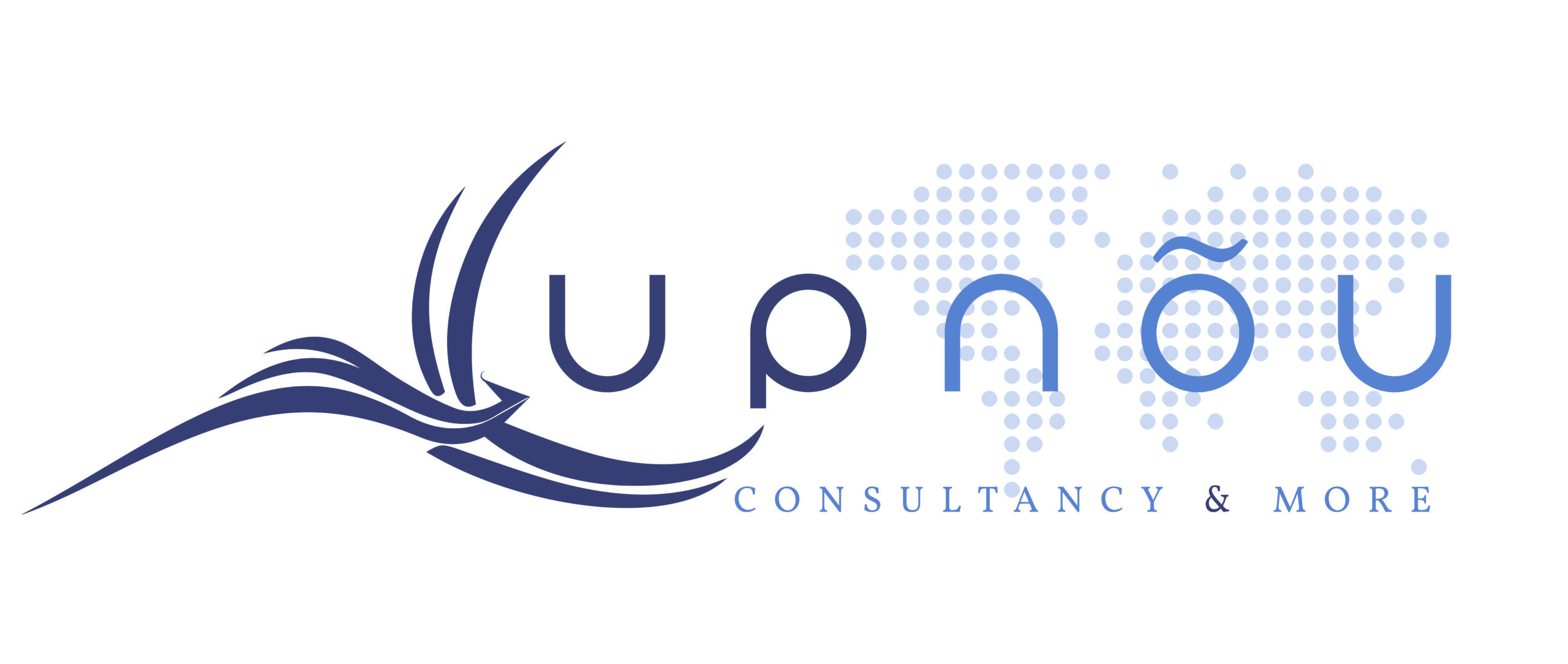Energy Ministers for the eight EU Member States (Denmark, Estonia, Finland, Germany, Latvia, Lithuania, Poland, and Sweden) in the Baltic Sea region and Energy Commissioner Kadri Simson have today signed a declaration committing themselves to closer cooperation on offshore wind in the Baltic Sea.
The declaration underlines the need to scale up offshore wind energy capacity in the EU by 2050, estimated to be at least 20 times today’s installed capacity in the EU-27 (12GW). A recent study concludes that in the Baltic Sea alone, the potential for offshore wind power is 93 GW. The declaration emphasizes that a significant increase in offshore energy can be most efficiently achieved through a cooperative, regional approach. To this end, all sides have embraced the idea of creating a new specific working area within the High-level group of the Baltic energy market interconnection plan (BEMIP).
About BEMIP
The primary objective of the Baltic energy market interconnection plan (BEMIP) initiative is to achieve an open and integrated regional electricity and gas market between EU countries in the Baltic Sea region. The initiative’s members are Denmark, Germany, Estonia, Latvia, Lithuania, Poland, Finland, and Sweden. Norway participates as an observer.
Dedicated working groups on infrastructure, markets, gas and electricity, the security of supply, synchronization, renewables, and energy efficiency, prepare specific measures, projects, and studies necessary for achieving the initiative’s objectives and targets.
The first Memorandum of Understanding (MoU) on the BEMIP initiative was signed on 17 June 2009 and focused on electricity and gas markets, infrastructure, and power generation.
On 8 June 2015, a new MoU was signed extending the initiative’s scope to the security of supply, energy efficiency, renewable energy, and the integration of the Baltic States’ electricity network into the continental European network, including their synchronous operation.




Top job!